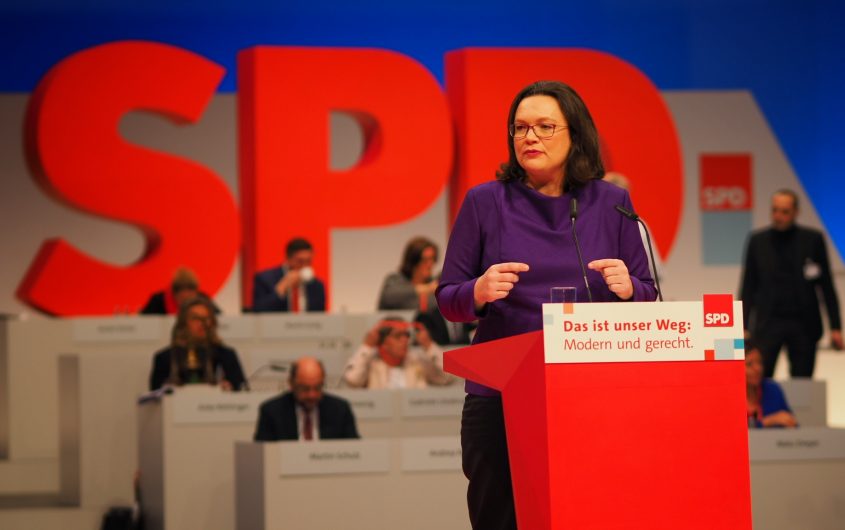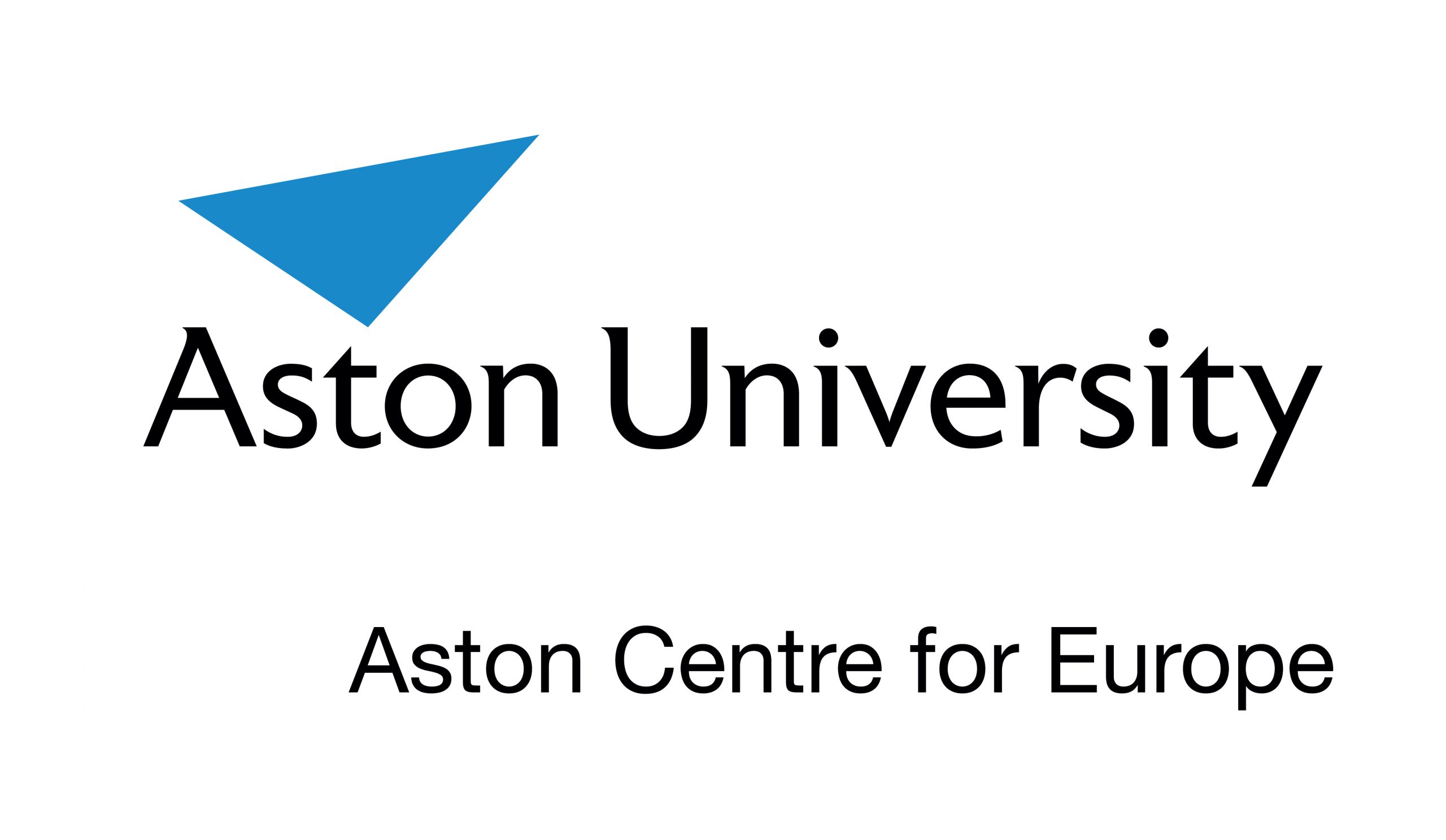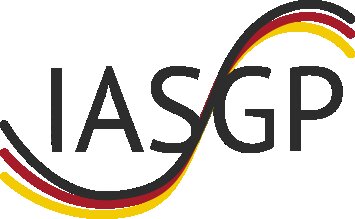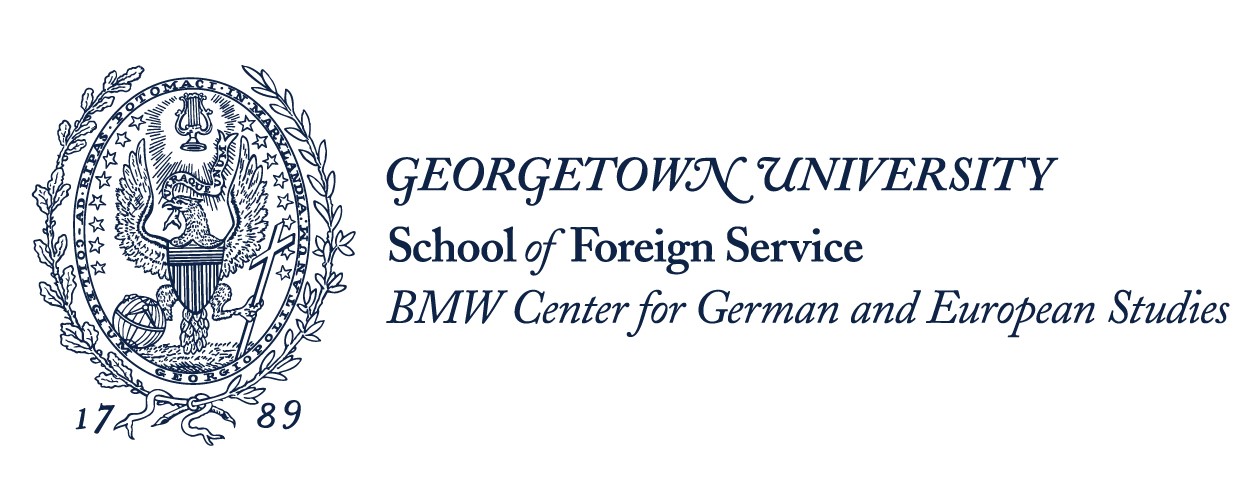
SPD Schleswig-Holstein via Flickr
The SPD and 2021 Bundestag Election
Can the Party Recover?

The venerable Social Democratic Party of Germany is in a strange place as the 2021 Bundestag election approaches. On the one hand, it has been in the federal government for nineteen of the last twenty-three years and is responsible for numerous policy achievements over this period. It is also currently in twelve of sixteen state governments, leading seven. On the other hand, its electoral performance since 2017 has been abysmal, and the party is currently polling at 15-16 percent and behind the Greens. What accounts for this paradox? Will the party recover support by the time of the election? And what are its prospects beyond 2021?
Speakers:
Jana Faus co-founded pollytix strategic research, a research-based consulting agency focusing on polling and issue management, in 2012. She has more than 15 years of experience in the field of social science and political consulting and has published numerous studies on politics, society and election campaigns. Jana has co-authored ‘Aus Fehlern lernen’ (‘Learning from mistakes’), the analysis of the SPD election campaign 2017.
Ed Turner is Reader in Politics at Aston University, based in the Aston Centre for Europe. He has published widely on German politics, and is currently undertaking a research project on the SPD, funded by the German Academic Exchange Service, DAAD.
Moderator:
Jennifer Yoder is the Robert E. Diamond Professor of Government and Global Studies at Colby College. She is the author of two books: From East Germans to Germans? The New Post-Communist Elite and Crafting Democracy: Regional Politics in Post-Communist Europe. Her research examines political culture and identity in post-communist societies, the integration of eastern and western Germany as well as eastern and western Europe, and nationalist-populist challenges to Holocaust-centered memory in Europe.
This webinar will convene via Zoom. Please contact Elizabeth Caruth at ecaruth@aicgs.org with any questions.
This webinar is supported by the German Marshall Fund of the United States. It is presented in partnership with The Aston Centre for Europe, Aston University, Birmingham, UK; the International Association for the Study of German Politics; and the BMW Center for German and European Studies, Georgetown University.









